- Availability: 1
- Made & Mkt by: Gaatha
- Product Code: 3322-WM22-08
- Weight: 500.00g
- Dimensions: 15.00cm x 15.00cm x 15.00cm
The typical dispatch time is 2-3 days; however, in special cases, it may take longer. Please refer to the product details section for specific timelines. Once dispatched, we will share the tracking details with you.
For returns, you can file a request within 24 hours of receiving the product. If the package is damaged, please make a video while unboxing and share images of the damaged item along with your return request.
9328006304 ( WhatsApp )
The ecstatic Gomira dance masks of Dinajpur district have ensued from animistic practices of the Desi and Poli communities of the Rajbangshis. The Gomira dances or Mukhakhel are organized to propitiate the deity to usher in the 'good forces' and drive out the 'evil force' during the harvesting season. Every village of reasonable size, say a thousand inhabitants, has its own Gomira dance troupe. The dancers are all male, without exception, and portray one or many characters, male, female or animal. All the characters are larger than life.

The masks are devised to reach the vastness. It needs extra effort to dance, while wearing the heavy masks made of wood. It makes the dance fearsome to the audience. Traditionally, the Gomira dance starts with the entry of two characters Bura-Buri, who are actually the human forms of Shiva and Parvati. The dancers become frenzied due to the extra efforts they have to put in. The audience believes it is due to the super natural spirit that enters the body of the dancer.

Apart from the ritualistic purpose this dance performance is also a source of joy and gaiety for the villagers. During 1970s, the villagers planned to perform the masked dance based on the story of Ramayana which can be performed at any time of the year. Ramer Bonobas was written, character masks of Ram, Lakshman, Sita, Ravana, Surpanakha, Marich, Jatayu were made. The play attracted the art connoisseurs. Apart from traditional masks the craftsmen also make different show pieces like mermaid, boat, smaller masks and other innovative works like fridge magnet, key rings and jewelleries.

Initially logs are bought and cut at saw mill. Cross sectional cutting is done by the craftspersons. The chunk of wood is split with machines in blocks of 3-4 ft in height. The basic form emerges first with the use of the Banshla, followed by emphasis on facial features. Traditionally the woods are immersed in water for 15-20 days to make it soft but now this is not generally practised to save time.
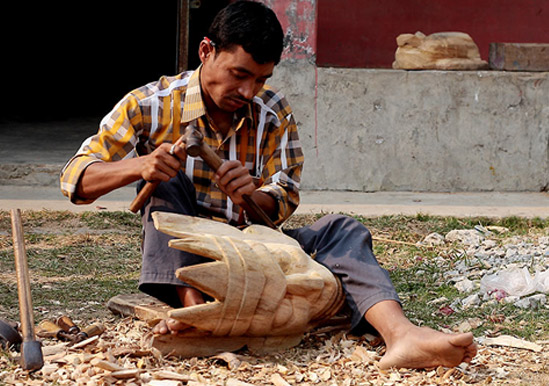
Once the basic shape has emerged, they use the broad chisel and heaviest hammer to bring out the final shape. As the work progresses, the narrower chisels and lighter hammers are used. Once the front of the mask is complete except for finer finishing, the reverse side of the mask, where the face of the wearer is expected to fit, is scooped out very carefully. The router chisels are used to gouge out cavities such as the opening of the mouth and eyes. If the mask is to be used for the purpose of dancing, only then the eyes, mouth etc are hollowed out.

The final procedure involves fine chiseling of the entire mask. Once the mask is complete, then comes finishing. Artists smoothen the mask by using sand papers of various grades. Next, the mask gets a coat or two of varnish, which provides smoothness to the mask and ensures durability. They use both natural and chemical colours. Natural colour is made out of Basatbait. The fruit is dried and powdered. The powder is mixed with water and boiled and then mixed with soda. Many customers want the pristine shape with only varnish.
The masks started its journey from village dance performances to the urban drawing room and with time have become delectable pieces of decoration for any public or private space.
~
| Craftsmen | |
| Made by | Parmesh Sarkar |
| Village | Kushmandi |
| Returns and Exchange | |
| Note | The products in this category are non refundable. Refund is only applicable in case of defect or damage. |
| Material | |
| Made of | Wood (Hook behind to hang) |
| Instruction | |
| About Sizes | 4" x 2.5" inch (Approx because piece is hand crafted) |
| Note | As each piece is hand crafted and unique, expect some variation from shown design. |

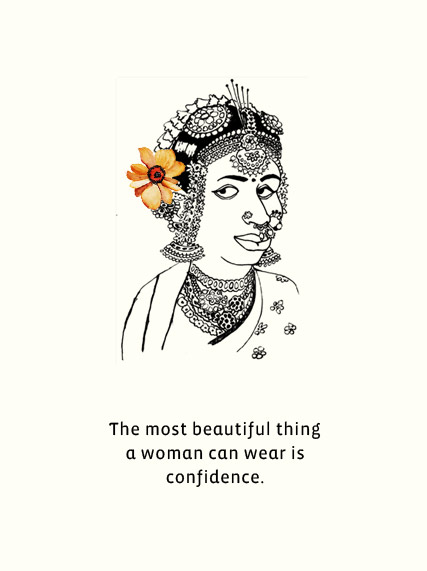

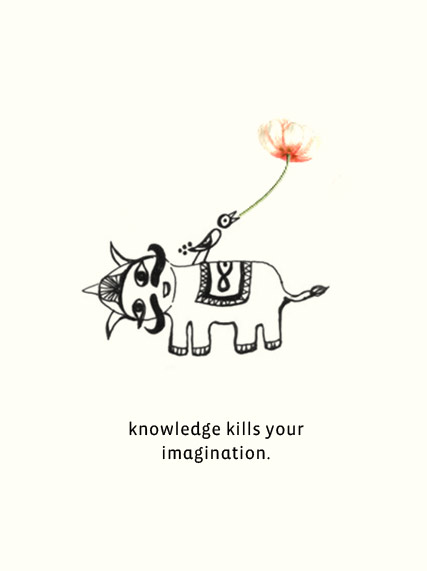

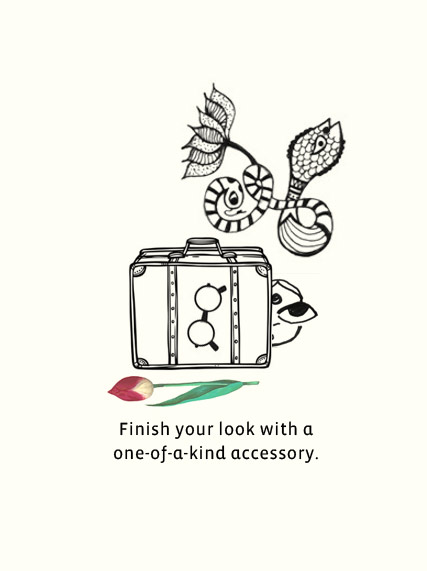
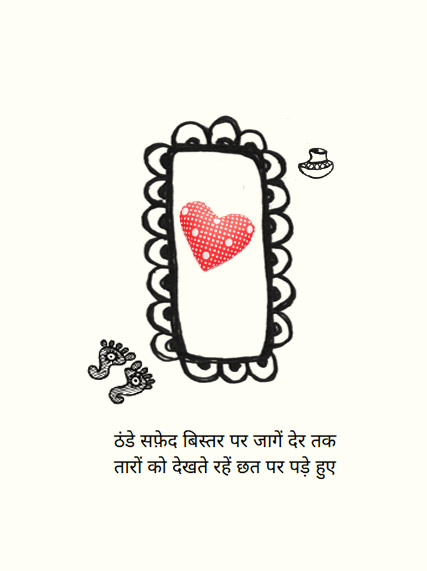

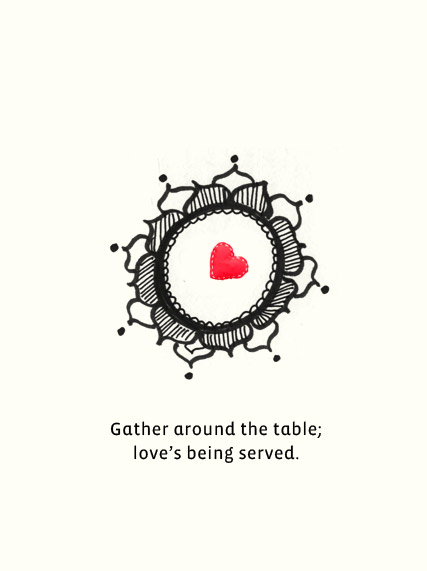
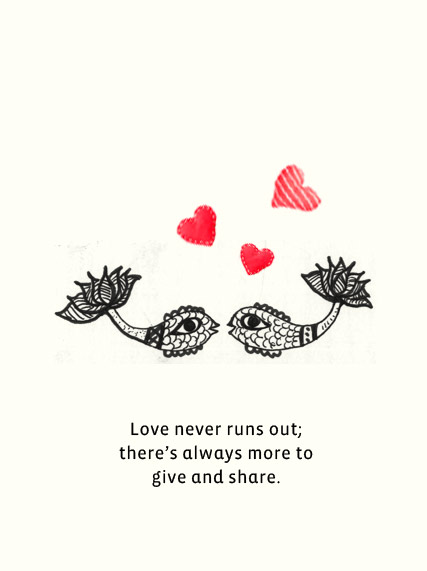
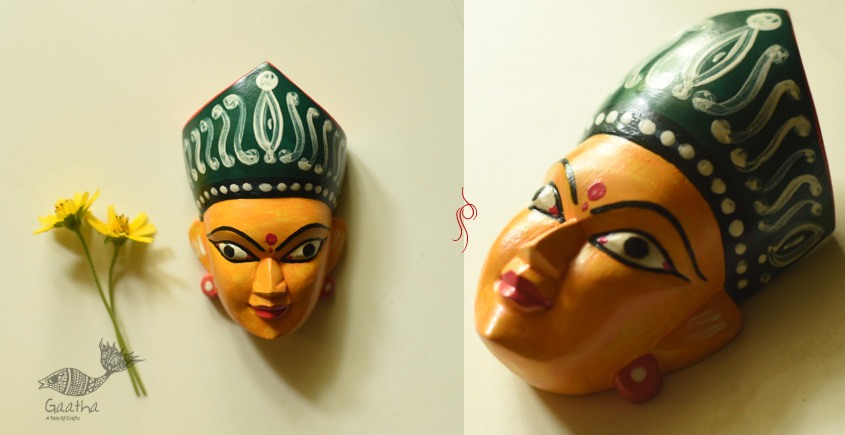
.jpg)
.jpg)
.jpg)

-80x80w.jpg)
-80x80w.jpg)
-80x80w.jpg)
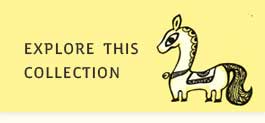
-225x150w.jpg)
-225x150w.jpg)
-225x150w.jpg)
-225x150w.jpg)
-225x150w.jpg)
-225x150w.jpg)
-225x150w.jpg)
-225x150w.jpg)
-225x150w.jpg)
-225x150w.jpg)
-225x150w.jpg)
-225x150w.jpg)
-225x150w.jpg)
-225x150w.jpg)
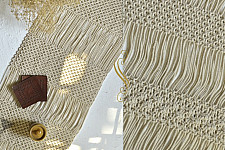
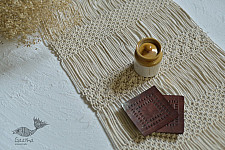
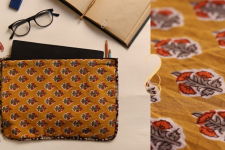
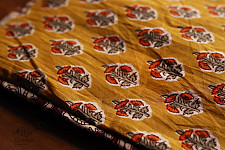
-225x150w.jpg)
-225x150w.jpg)
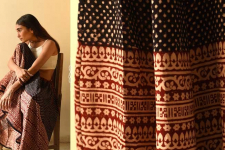
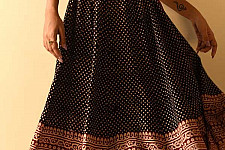
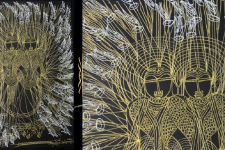
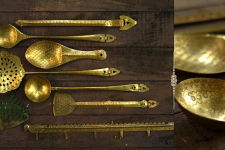

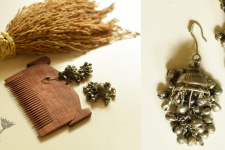
-225x150w.jpg)
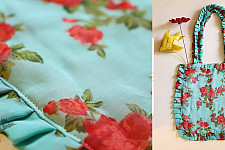
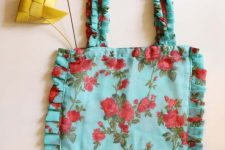
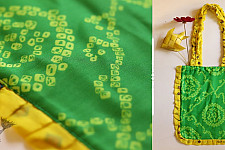
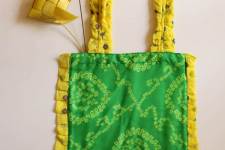
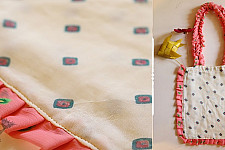
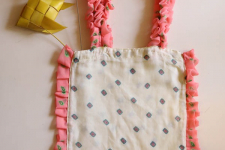
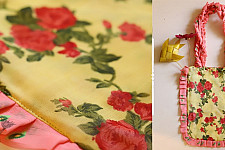
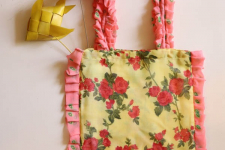
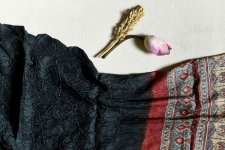
-225x150w.jpg)
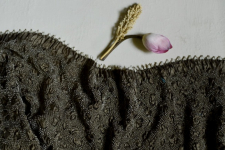
-225x150w.jpg)
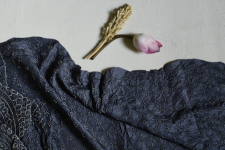
-225x150w.jpg)
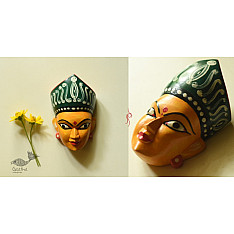
-234x234w.jpg)